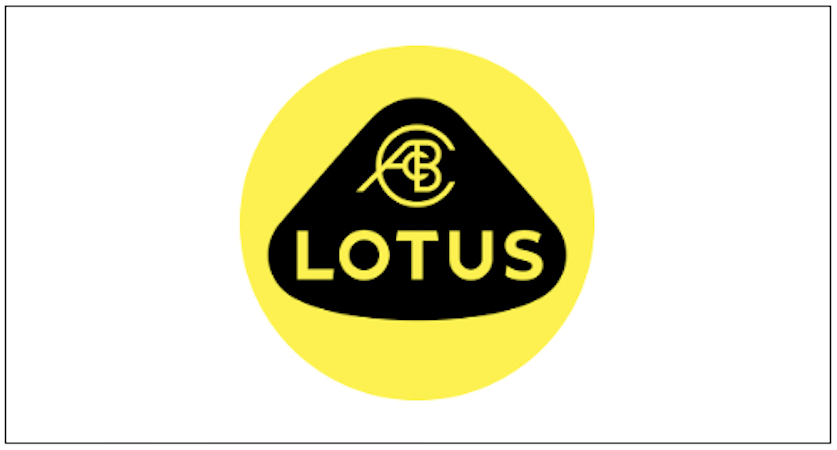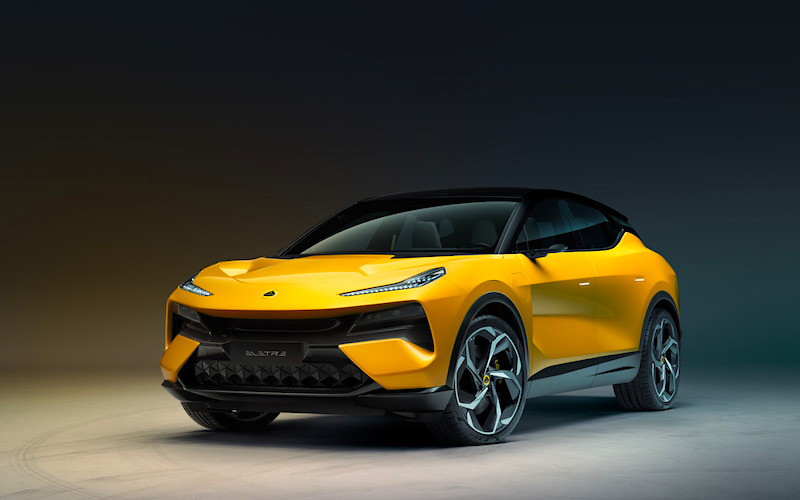About Lotus

By remaining true to the ethos of founder Colin Chapman, Lotus stands alone as a brand dedicated to pure driver’s cars. Innovative engineering, cutting-edge technologies and advanced materials ensure that every Lotus proves the value of achieving performance through light weight. Reducing mass remains the most effective means of achieving a true connection between driver, car and road – a quality shared by every car to proudly wear the Lotus badge.
Colin Chapman (right) famously said, ‘Adding power makes you faster on the straights, subtracting weight makes you faster everywhere.’ More relevant today than ever, it’s a core principle that has been tested and proven at the highest level of motorsport. Efficient, lightweight construction creates a virtuous circle that applies equally to sports cars built for the road. It not only boosts straight-line acceleration and braking, but it also allows for optimum suspension calibration. This in turn allows for sharper handling plus better body and roll control, but not at the expense of ride comfort and composure.


Every Lotus benefits from the company’s dedication to outstanding design, engineering and manufacturing. Each car driven around the famous Hethel test track as part of the final inspection process. Ultimately, the only way to truly understand a Lotus is to drive it. Only then can drivers feel the communication, agility and precision that make it one of the world’s great driving experiences.
Lotus Cars is based in Hethel, Norfolk, UK, and is the global HQ for sports car and hypercar manufacturing operations, the Lotus Advanced Performance Centre and the iconic 2.2-mile test track. Lotus Cars builds world-class high-performance cars, born out of legendary success on the racetrack including 13 FIA Formula 1 world titles and many other championship honours.
In July 2021 Lotus unveiled the all-new Lotus Emira (right), its last petrol-powered sports car and best-of-breed, and in July 2019 it launched the Evija, (above) the world’s first all-electric British hypercar. Customer deliveries of both cars will begin during 2022. In March 2022 Lotus unveiled the Eletre (far right), its first SUV and first mainstream EV. These new models are just the start; the ongoing new product offensive will see Lotus launch another smaller SUV, a four-door sports coupe and a new sports car (below, with the Evija hypercar) before the end of 2026. All will be pure electric.



Lotus Engineering provides comprehensive consultancy services to many of the world's OEMs and Tier 1 suppliers. It is internationally recognised for its long-standing contribution to ground-breaking engineering and innovative vehicle development. Its expertise extends beyond automotive; in August 2021 a Lotus Engineering-developed track bike (right) helped Team GB’s cyclists win seven medals, including three golds, at the Tokyo Olympics. An international consultancy with offices around the world, Lotus Engineering is headquartered at the Lotus Advanced Technology Centre on the University of Warwick’s Wellesbourne Campus in the UK.

Lotus Tech is the global ‘intelligent technology’ division based in Wuhan, China (below, left). Its role is to accelerate innovation in the fields of batteries and energy management, electric motors, electronic control systems, intelligent driving, intelligent manufacturing and many more. Lotus Tech will oversee the manufacture of a range of premium Lotus lifestyle electric vehicles in Wuhan starting in 2022. European operations are based at Lotus Tech Creative Centre, a state-of-the-art design studio in Coventry, UK, and Lotus Tech Innovation Centre, a world-class engineering facility in Raunheim, Germany (below, right).


Lotus Group is the parent company of the above subsidiaries and others. It is part of Geely Automotive, the fastest-growing automotive group in the world. Geely has a 51% controlling stake, with 49% owned by Etika Automotive, a Malaysian conglomerate.